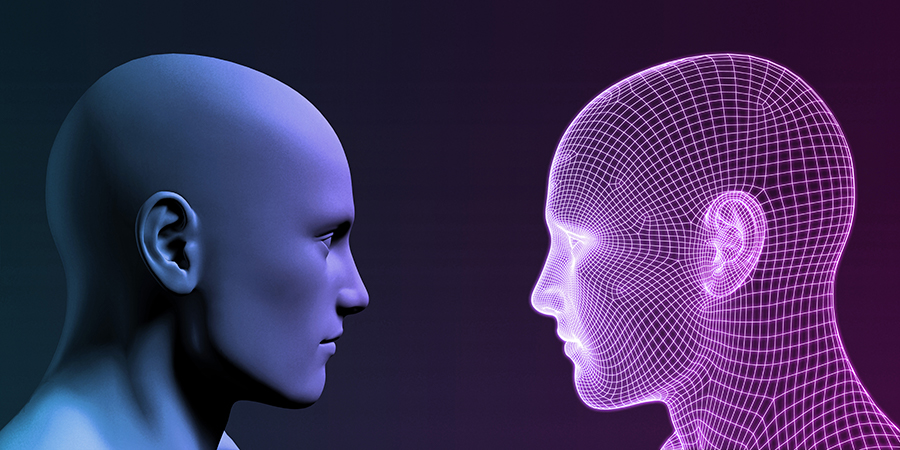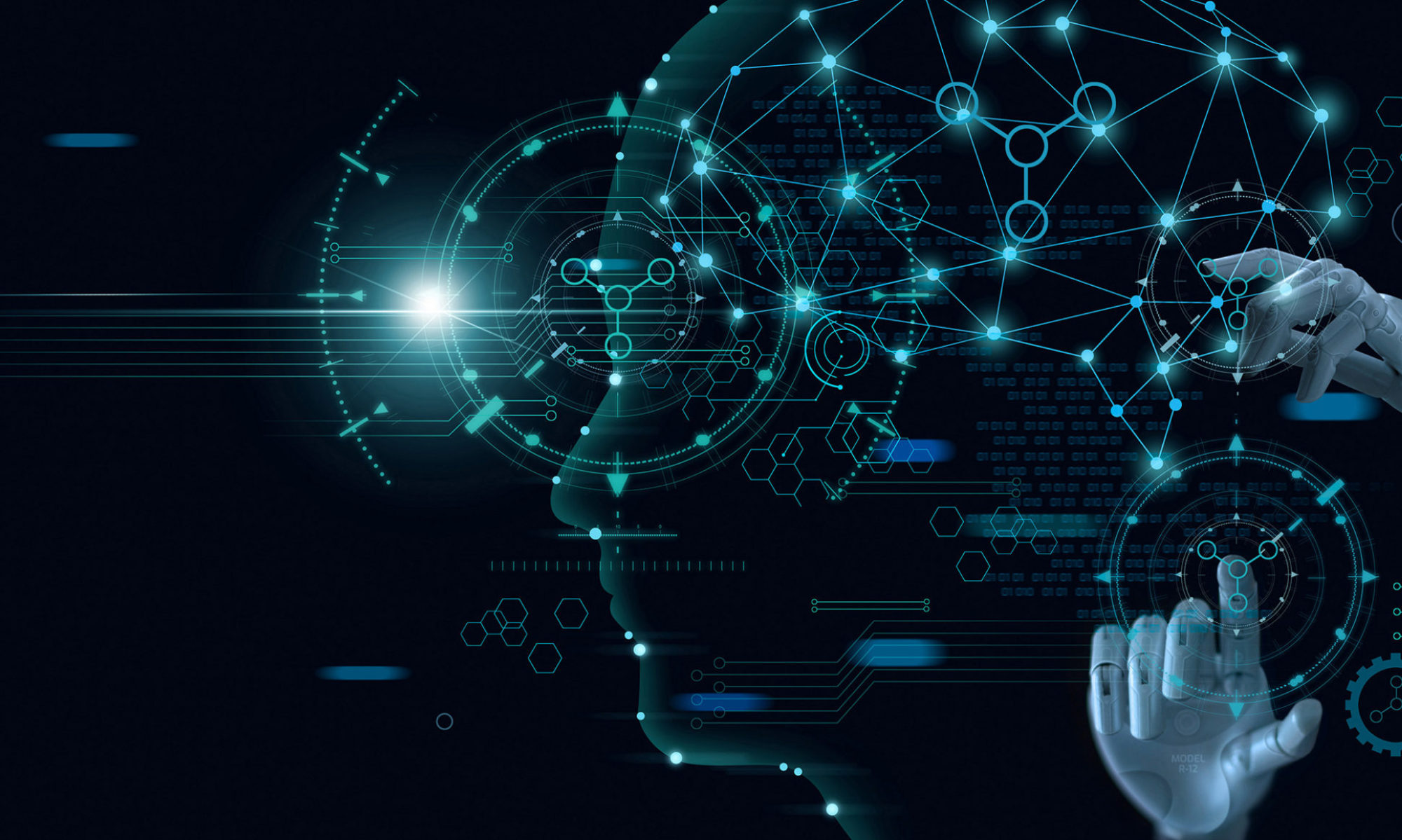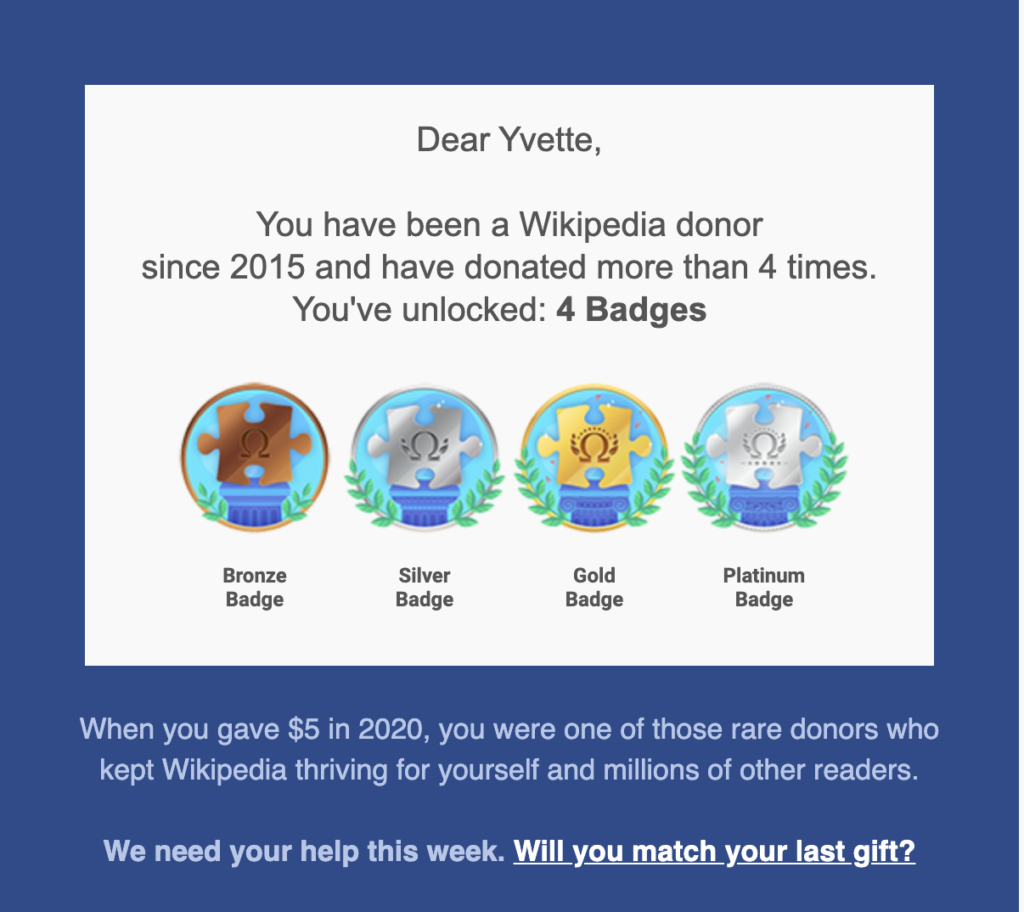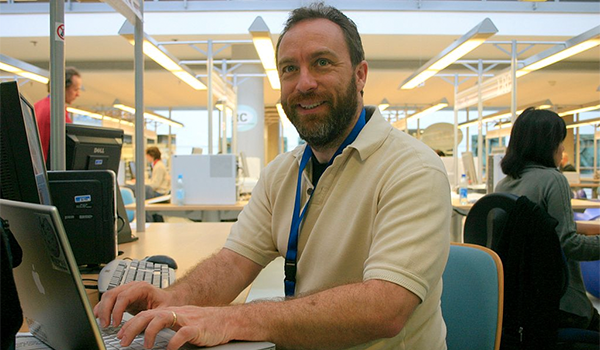
I resonated with Bon Stewart’s Six Key Selves of Networked Publics. I liked the notion that I could have a way to define my online identities. She admitted that her list was “by no means exhaustive” but an introduction to and a starting place for “some of the ways in social media norms and affordances impact identity practices.” At the end of the article, Stewart asks the reader: “Recognize any of these? Do any resonate with your own practices?”
Here are my answers:
- The Performative, Public Self
I don’t share enough online at the moment to be considered a networked self. I did have the experience of the “flattening of hierarchies across space” when Jimmy Wales, founder of Wikipedia, retweeted and responded to one of my tweets. I’m appreciative of many scholars and business-savvy individuals who share in this performative, public-self way. My world is better because of their sharing in a public way. If I had something that I could teach or do that was worthy of following, I think this is the identity that would work for me. - The Quantified—or Articulated—Self
I don’t track clicks or follows on my social media accounts. According to Stewart, some individuals look to increase their personal metrics as they choose to follow someone or someone follows them. Stewart points to the “limitations of algorithms as stand-ins for identity.” I do frequent accounts of popular individuals that have followers in the millions, and I often hear reports of individuals who are listed as more popular than their peers because of the number of followers (not necessarily by what kind of person they may be). - The Participatory Self
I am not really a participatory self in the sense of Stewart’s definition. I do have a past colleague who is and who does this Participatory Self very well. She is on many social platforms and her constant posts and replies to her followers and those she follows are revealing in a good way, influence others to reach higher, and give others a good sense of her real self. She comes across as a person to whom you would want to have as a friend, a business consultant and a neighbor. - The Asynchronous Self
I think this is my category right now. I like to answer posts or make posts in an asynchronous way. I don’t like interrupting family and friends, even in “real” life when I’m associating in real time with them. This self-identity articulated by Stewart is the most comfortable for me, and incidentally, was for her. - The PolySocial—or Augmented Reality—Self
Somehow this identity doesn’t appeal to me. I know that for some, this is a prime identity to have, where “multi-faceted realities” come to play. I am reminded here of Elder David A. Bednar’s words in Things As They Really Are: “I raise an apostolic voice of warning about the potentially stifling, suffocating, suppressing, and constraining impact of some kinds of cyberspace interactions and experiences upon our souls.” Now I know that not all of these types of interactions are to be avoided, but he does make some great points about the value of fidelity and truth.
BEDNAR: “An individual can create an avatar, or a cyberspace persona, that conforms to his or her own appearance and behavior. Or a person can concoct a counterfeit identity that does not correlate in any way to things as they really are. However closely the assumed new identity approximates the individual, such behavior is the essence of things as they really are not. Earlier I defined the fidelity of a simulation or model. I now emphasize the importance of personal fidelity—the correspondence between an actual person and an assumed, cyberspace identity….I am raising a warning voice that we should not squander and damage authentic relationships by obsessing over contrived ones.” - The Neo-Liberal, Branded Self
I’ve seen many of these types of identity online. I wonder how some individuals can escape these brands when they want to change who they are, or when they grow out of these identities. For me, these types of identities don’t allow individuals to be who they really are and they become a marketed, packaged persona.
Of course, the question to be answered is, how has my digital identify shaped me? I think the most important thing that helped define me in the digital space is that I want to be more articulate in what I say (since it will be public), and make sure that I’m representing myself in the truest, best way. Of course, I’m not going to post pictures that show all my faults, and that surmises that others may think that I don’t have all of the faults I do possess.
So, my digital identity still doesn’t reflect my most truest self at the moment, but it is the one with which I’m most comfortable! Maybe that is what Stewart is trying to get across. People migrate to where they feel most comfortably represented in the digital space.
#openscholarship


